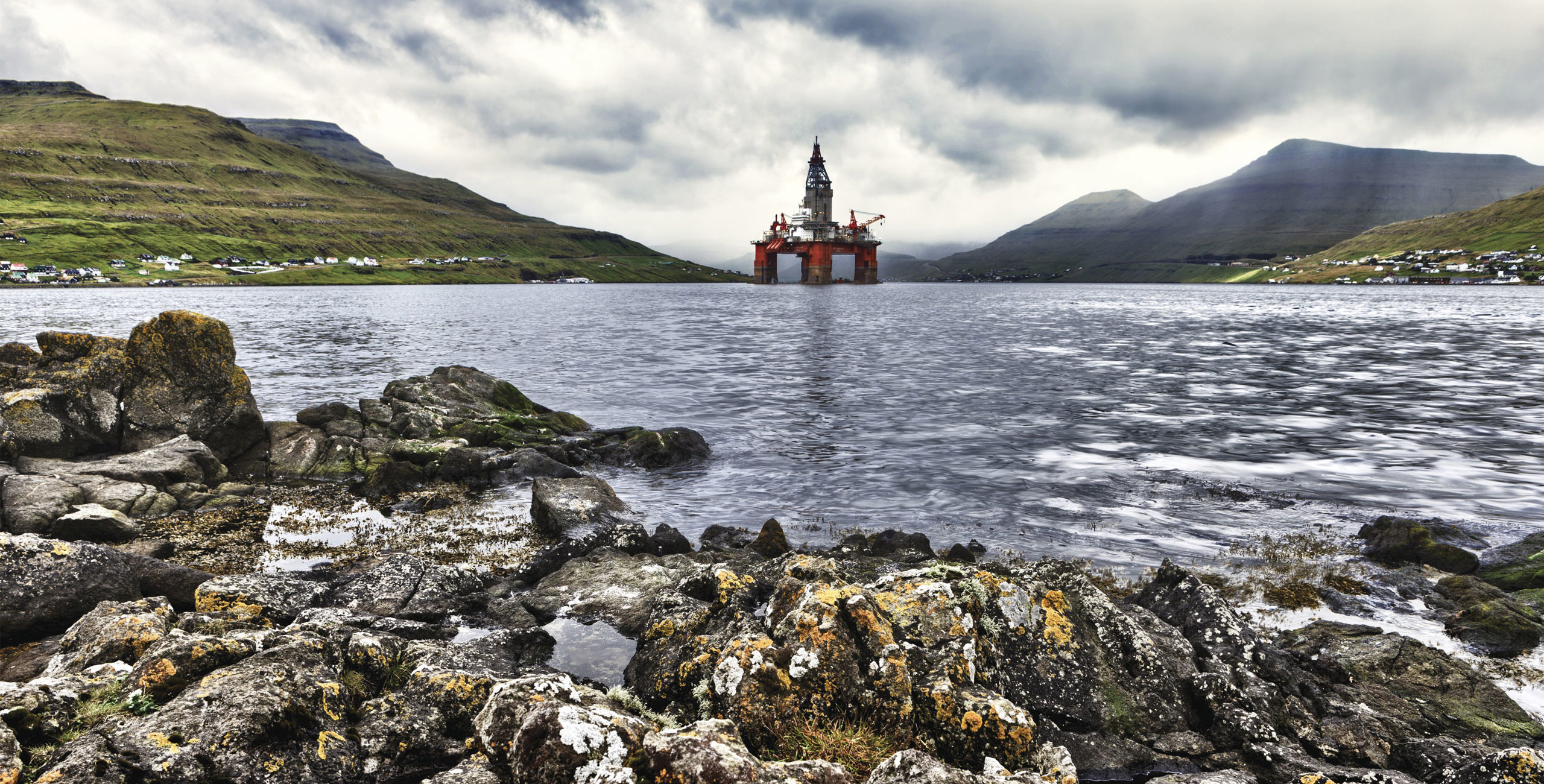
This flexibility is deeply rooted in Faroese culture and maritime history, with a strong seafaring tradition.
A Maritime Service Hub in the North Atlantic
Strategically located on the gateway to the high Arctic between Iceland and Norway and north of Scotland, the Faroe Islands are in an ideal position as a maritime hub in the Northeast Atlantic, also in terms of traffic from the North-east passage.
The high standard of domestic transport and harbour infrastructure combined with short domestic distances gives access to most services within an hour. This means short dwelling time for vessels and quick access to services. The price level in the Faroe Islands is competitive, both for provisions and services. There are several harbours of international standard that have gained great experience at competitive rates.
During the last 20 years of oil exploration, the Faroese maritime service industry has developed significantly and is today able to provide a wide range of maritime services within all service sectors. The quality of the services and the flexibility of the workforce are highly valued. One good example is the extensive service operation of the West Hercules rig during the summer of 2014.
The Faroe Islands International Ship Register
The Faroe Islands International Ship Register (FAS) was launched in 1992 and has proven to be a competitive alternative to other ship registers. FAS offers a number of financial advantages including a flexible, efficient, and uncomplicated administration. The Faroese flag, Merkið, is internationally recognised. FAS is in compliance with all regulations and requirements as laid down by the IMO and other required international conventions as well as with the entire classification society and other international organisations dealing with safety at sea.
Children of the Sea
